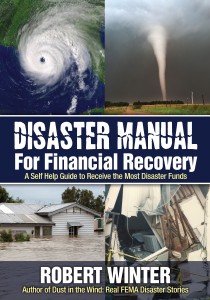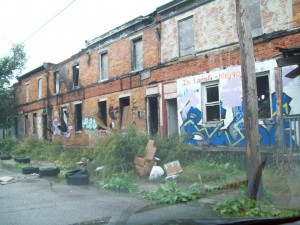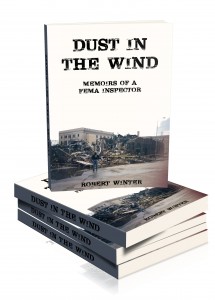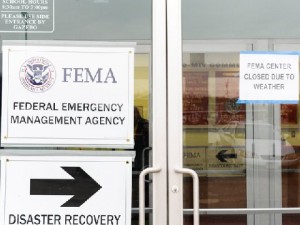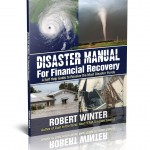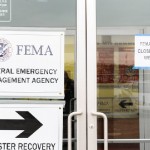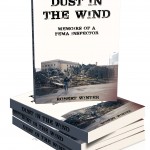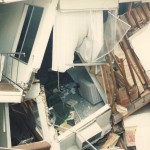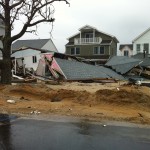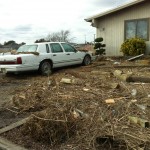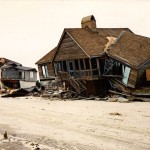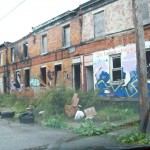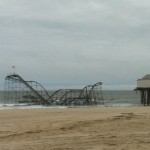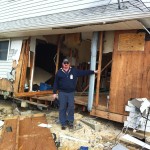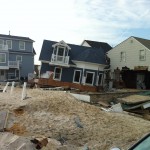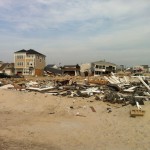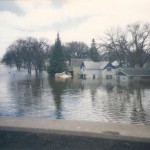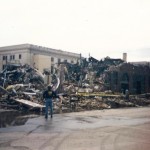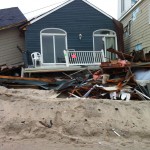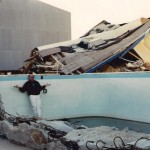You’ve all seen it on the news. Every time we have a disaster in the country, from a volcanic eruption to a hurric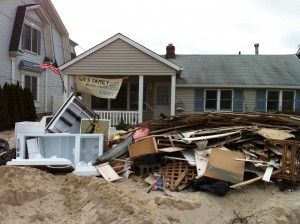 ane, some individuals simply refuse to leave their home and evacuate. Many do not feel that the disaster will be as dangerous or as damaging as it could be. Others don’t trust the authorities that tell them to evacuate. Some worry about leaving their home for looters. Many simply have nowhere to go, so they stay in the only place they know.
ane, some individuals simply refuse to leave their home and evacuate. Many do not feel that the disaster will be as dangerous or as damaging as it could be. Others don’t trust the authorities that tell them to evacuate. Some worry about leaving their home for looters. Many simply have nowhere to go, so they stay in the only place they know.
However, it is highly dangerous to stay. When the authorities tell you that it is time to evacuate, they are not doing it just for a power trip. They are doing it because you and your loved ones actually are in danger.
The Dangers of Staying During a Disaster
What dangers do those who decide to stay face? First, they face the dangers of the immediate disaster. If there is a flood, they face the danger of drowning. If there is a fire, they face the danger of burning. When you stay… you and anyone staying with you faces death during the disaster.
However, things do not suddenly turn better once that initial danger is over. After the disaster, there is contaminated water, downed power lines, looters and a host of other issues that could plague you. Even disease, dehydration or starvation could kill you if the authorities are unable to help you in time.
Think about this as well. When you stay after they’ve told you to evacuate, you are putting others at risk, not just yourself. The authorities and rescue workers that have to come and save you could have injuries or even die in the process. If people are on their way to help you, it means you are also taking resources away from other people who need it.
Do not do this to yourself or your loved ones. When they tell you that it’s time to go, then do it. I can’t tell you how many times victims who did stay and lived to tell about it say they will never ever do that again.
Creating an #EvacuationPlan Now
You need to make sure that you have a good evacuation plan in place. Create a plan for you and your family on where you will meet and how you will contact one another once you reach your destination.
Make sure you always have gas in the car. Try to keep the tank at least half-full just in case you need to evacuate and you don’t have the time to stop and get gas when you leave. Many times, gas stations will be closed anyway.
If You Get Separated
There are plenty of websites as well as friends, neighbors, county and city officials that can get you back together with your family. Once you are able to get to a computer, phone, etc., have a plan if you get separated. Stay calm. With today’s technology, you won’t be alone long.
Leave as early as you can after the evacuation order so you don’t have to face the throngs of people that wait until the last minute. Always make sure to take emergency supplies with you in the vehicle as well as a weather radio, pets, extra food and water, and other essentials. It might be a few days or longer before you can get back into your home, so the more comforts you can bring with you the better. Additionally, have some cash on hand, as credit card machines and ATMs could be out of order when you leave.
